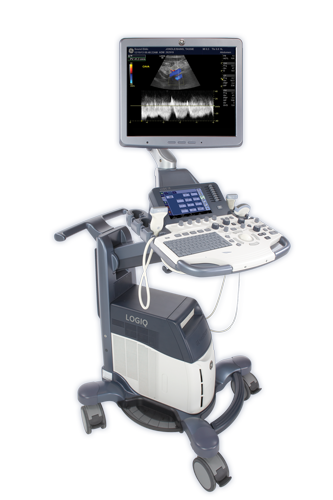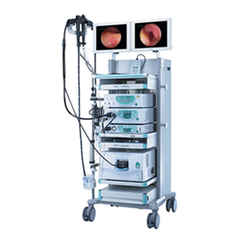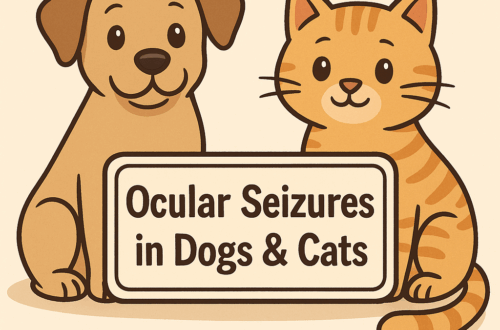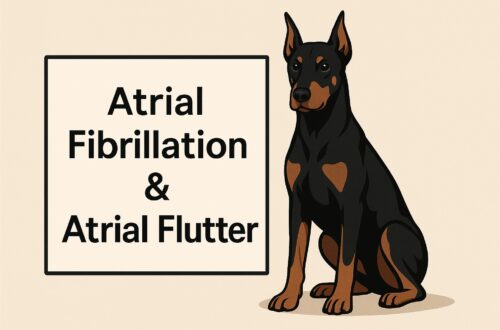The vast majority of pet parents in the United States have no idea board-certified veterinary specialists are available to partner with them and their pets’ primary care doctor. In this regard, board-certified veterinary specialists have failed. We have failed to educate pet parents that we exist. On an almost daily basis I hear some variation of “I had no idea pets could have specialists” or “I never knew your services were available.” This is disturbing, frustrating and sad!
Board-certified veterinary specialists have also failed to effectively relay to our primary care colleagues how we can help them help their patients. We have failed to promote not only our unique skills, but also our extensive training that formed how we approach medical problems to provide logical and cost-effective diagnostic and therapeutic plans for pets.
What are the penalties of these failures? They are likely too innumerable to count, but some consequences can be seen daily when certain diagnostic tests are recommended to families of sick pets. Most pet parents understand ailing pets will require some degree of diagnostic testing to learn their pet’s diagnosis. What they often don’t know is the difference in training and experience between a primary care doctor and a board-certified veterinary specialist for specific diagnostic tests.
A recent study completed by the American College of Veterinary Internal Medicine showed the #1 reason (85%) primary care doctors refer patients to board-certified veterinary internal medicine specialists is simply not having a specific piece of medical equipment. In today’s veterinary equipment market, doctors who have enough money can purchase any piece of equipment they desire. Indeed primary care doctors are purchasing more and more specialized medical equipment like ultrasounds and endoscopy units every day. But here’s the crux: having the equipment does not necessarily equate with having the skill set and expertise to either use it and/or interpret the results one get’s from the equipment. To highlight this important issue, I want to feature two specific diagnostic tests: ultrasonography and endoscopy.
Ultrasonography
Ultrasound is a painless method of imaging the body using very high-pitched sound frequencies, and is used for a wide variety of problems, including diseases of the liver, kidneys, bladder, stomach, intestines, adrenal glands, pancreas, spleen, reproductive tract, and blood vessels.
As I mentioned earlier in this post, anyone with enough money can buy an ultrasound machine; purchasing such equipment is not restricted to board-certified veterinary specialists. However one can’t purchase clinical experience performing ultrasound examinations, and this experience is truly invaluable when accurately interpreting ultrasound images. Primary care doctors can and do attend continuing education seminars and laboratories (taught by board-certified veterinary specialists) to gain experience; but these events provide only a few hours of hands-on experience at a time. Contrast this experience to that of a board-certified veterinary radiologist or internal medicine specialist who spends three years or more performing multiple ultrasound examinations each day with guidance from a board-certified mentor. A primary care doctor would have to attend a lot of continuing education events and perform a lot of ultrasound examinations to even come close to matching the expertise and experience of board-certified specialists in this regard. Yet most pet parents don’t know this!
Some primary care doctors offer an ultrasound examination with them, but also tell pet parents they may still need to have ultrasound study performed by a board-certified veterinary specialist. For me, this doesn’t make sense. Why would one ask a family to potentially pay twice for a diagnostic test? This approach suggests a meaningful lack of confidence in one’s sonography skills. Board-certified veterinary specialists not only have the equipment to perform ultrasound examinations, but they also have the expertise needed to accurately interpret images obtained during them.
Endoscopy
Endoscopy is a minimally invasive tool that uses fiber-optic equipment to visually evaluate internal organs, obtain tissue biopsies and retrieve foreign objects. Instruments, including retrieval graspers and biopsy forceps, are inserted through a channel in the scope and are guided to an area of tissue for biopsy or to a foreign object for retrieval. In most instances, no incisions are required and minimal discomfort is experienced following the procedure.
Similar to ultrasound equipment, any one with enough capital can purchase endoscopy tools. But again, having the gear and being able to properly use it are not the same. Too many times over the past almost 12 years have I read biopsy reports from endoscopic procedures performed by primary care doctors in which a board-certified veterinary pathologist comments that the collected biopsy samples were inadequate and non-diagnostic. Too many times have I evaluated a patient with chronic vomiting who previously had an endoscopy performed by a family veterinarian only to learn through review of medical records or conversations with the referring doctor that a complete endoscopic examination was not performed. These scenarios are uniquely tricky ones for board-certified veterinary specialists, as the specialists now have to recommend potentially repeating a costly test that isn’t risk-free, and they must do so without undermining a primary care colleague. Board-certified veterinary internal medicine specialists cannot only perform state-of-the-art endoscopic examinations, but they can also make the best recommendations based on the results!
The take-away message…
Primary care veterinarians who present diagnostic and treatment options offered by board-certified veterinary specialists, including ultrasonography and endoscopy, build exceptional good will with families. Pet parents need to understand they can and certainly have every right to ask for a referral to board-certified veterinary specialists. They should not feel any guilt for asking. They shouldn’t feel like they are going to get into trouble with the family veterinarian; they shouldn’t feel like they are cheating on their primary care doctor. They should believe a family veterinarian values the expertise a veterinary specialist can bring to their pet’s healthcare team. Working together and not in competition with each other, family veterinarians and board-certified veterinary specialists can provide pet parents with the best healthcare for their fur babies.
To find a board-certified veterinary internal medicine specialist, please visit the American College of Veterinary Internal Medicine.
To find a board-certified veterinary radiologist, please visit the American College of Veterinary Radiology.
Wishing you wet-nosed kisses,
cgb






